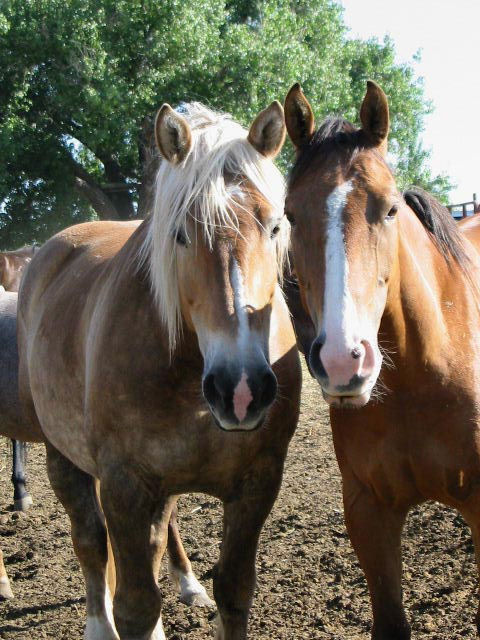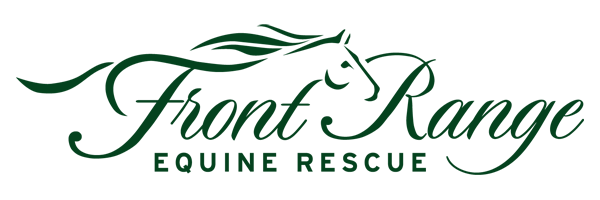
Several animal welfare and horse industry groups are working hard to advance federal legislation to ban horse slaughter, as opponents continue to lobby against it.
Opposition includes the American Veterinary Medical Association (AVMA) and the American Association of Equine Practitioners (AAEP) standing against the Save America’s Forgotten Equines (SAFE) Act (H.R. 3355). This bill would permanently ban slaughter within the U.S. and the export of America’s horses for slaughter.
Right now, U.S. slaughter plants cannot operate as long as no funding for horsemeat inspections is put into the annual federal budget bill.
Lies against horse slaughter include:
“There is no way that the United States can absorb the tens of thousands of horses shipped to Mexico and Canada for slaughter each year.”
That statement is false.
The last U.S. horse slaughterhouse closed in 2007. The number of American horses exported for slaughter was over 166,000 in 2012, but since then has dropped annually. By 2021, just over 23,000 horses were exported for slaughter in Canada, Mexico and Japan.
During 2022, as of July reporting just over 10,000 horses have been exported. That is a drop of 21.8% from the same time frame in 2021. The number includes both domestic and wild horses.
Expanding the public’s education about horse slaughter has been one reason for the decline. A poll has shown that 83% of Americans are against horse slaughter. Other factors for the sharp decline include more focus on equine aftercare and retirement as well as an expanding number of quality rescues and sanctuaries which are against horse slaughter.
Currently, 223 members of the House of Representatives have signed on as co-sponsors to the SAFE Act.
“There is no environmentally responsible way to properly dispose of 20,000 or more dead horses each year”.
That statement is false.
A study by the U.S. Dept. of Agriculture showed that more than 92% of horses sent to slaughter are in good condition. There are many alternatives to slaughter that these horses qualify for.
Also, a study showed that over 600,000 horses are humanely euthanized in the United States annually. Slaughter supporters have no argument to say why an additional few thousand would cause a problem. Especially considering that those horses are spread out across the U.S. and over the course of a year.
“Slaughter is a form of euthanasia”.
That is blatantly false and an inhumane, ignorant statement.
Slaughter is brutal and grossly inhumane. The terror and trauma experienced by the horses exists long before reaching the kill box.
Horses are transported long distances in overcrowded trailers without food or water, enduring weather conditions, injuries, exhaustion, even death. The methods used to kill horses at slaughter plants (regulated ones) are no different than what would happen at a U.S. plant. The captive bolt often misses; horses are terrified by the noise, smells and workers at plants (same was true and documented at formerly operating U.S. plants). Gunshot is also cruel as a horse must be perfectly still and the shooter well trained in marksmanship using the right type of bullet(s) and gun. Horses are often hit multiple times about the head whether with a captive bolt or gun.
Horses are often regaining consciousness as they are strung up and dangling along the kill line, where they are slit open.
The slaughter pipeline provides irresponsible owners and breeders a dumping ground and allows a few well established kill buyers to profit.
Finally, America’s horses are not raised or regulated as a food animal. They are given products and medications throughout their lives which contain substances banned for use in food animals. These items are found in vet clinics and horse barns across the country. Americans do not eat horses and America’s horses should never be used for human consumption anywhere.
ACT NOW:
Contact your U.S. House Representative and urge him/her to support the SAFE Act (H.R. 3355) to end horse slaughter once and for all. Locate your rep via www.house.gov.
